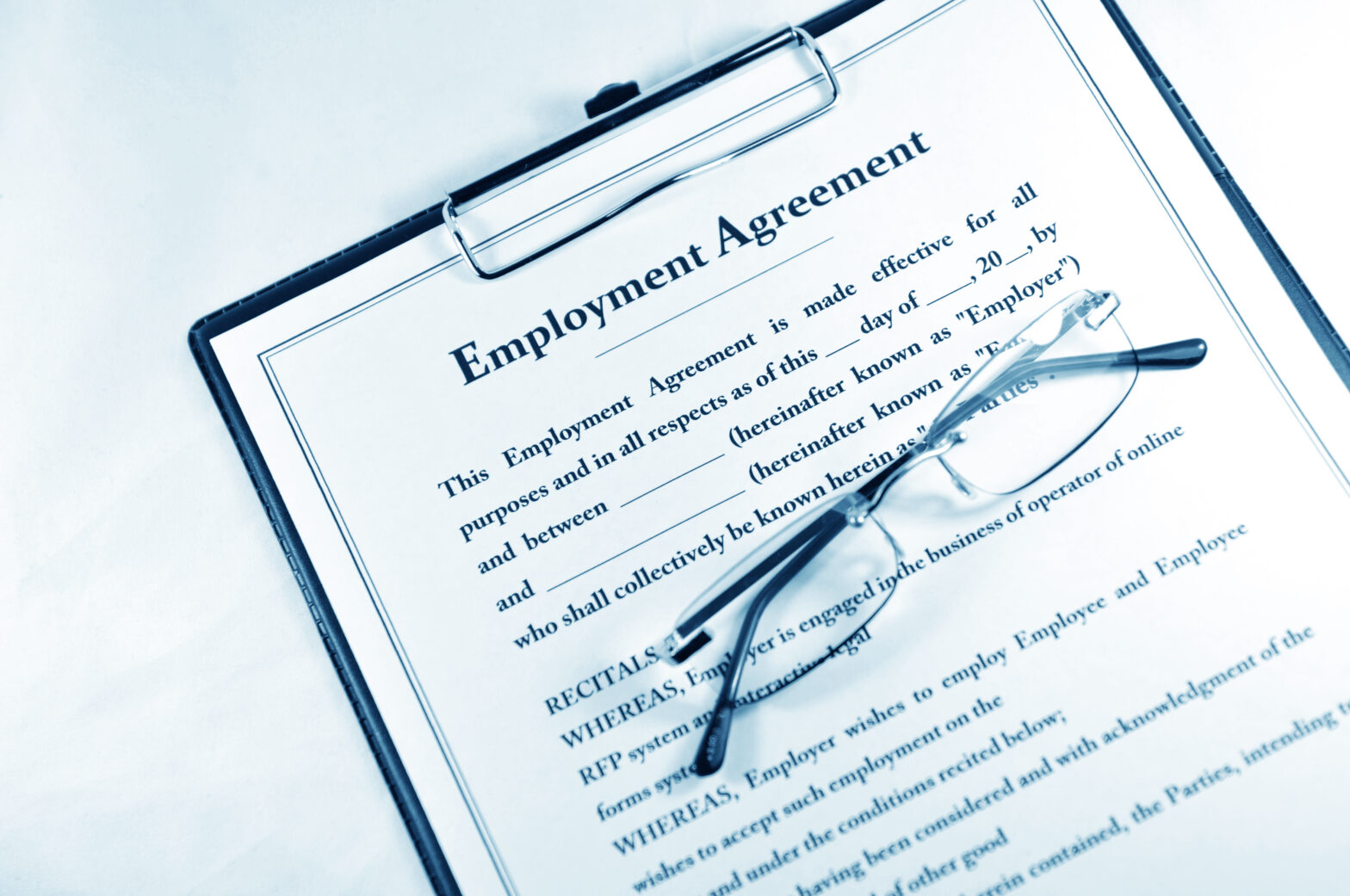Celia Donne, regional director of Regus, says a good business meeting can leave you feeling energised, enthused and five years younger. A bad one can leave you wanting an immediate change of job or even career.
We all complain about having too many meetings, but when they work, they generate new ideas, revenues, energy or goodwill. How can we make sure this happens?
The three elements of business meetings
A meeting has three parts: before, during and after. There’s lots of advice given about the ‘during’ part. Time-keeping and staying on topic are crucial. So too is ensuring that verbose participants don’t drown out diffident ones.
There’s also lots of advice available about the ‘after’ – such as the importance of being clear about agreed outcomes, follow-up actions and deadlines.
Least attention is paid to the ‘before’ stage. But in my experience the planning stage can make or break a meeting.
Define the purpose of the meeting. Meetings are so much a part of corporate life that people often hold them as a ‘default’ option. Too many meetings have vague intentions: a weekly team meeting or progress update, for example. The best meetings are action-orientated, with clear aims or desired outcomes.
Limit the numbers. Generally, the greater the number of participants, the greater the risk of them losing energy. Think about whether people really need to be there, or whether they could be updated about the outcomes. Handle this diplomatically: make people feel that non-attendance liberates time in their schedule, and not that they’re being sidelined.
Agendas are not just a formality; they are crucial to good planning. They should be distributed in time for participants to read them, and act on them. All participants should know exactly what preparations they need to do beforehand.
Set the stage: I think of this like a play or film. No matter the quality of the script and the actors, plays or films don’t really work unless they also have the right venue, set, lighting and sound. There are a range of ‘staging’ elements you need to consider.
Stage management
How many meetings have you been to where an airless room has participants yawning throughout? Where the glare from a window gives you a headache or makes a screen illegible? Where there are continual interruptions as people check if the room is free?
These pitfalls undermine productivity, by making people perform below par. In a professional meeting room, with the right lighting and ventilation, participants are less likely to be distracted.
Other pitfalls concern first impressions. This is especially important when you’re meeting external contacts. Meeting in someone’s unused office or a coffee shop does not create the same impression as a room of the right size, in an impressive and convenient location, with good facilities.
If you don’t have such facilities available in your office, consider renting meeting rooms by the day, half day or hour. Even if the other participants know the meeting rooms are not your own premises, it doesn’t matter. Arranging the right meeting room demonstrates respect and efficiency: it’s a good subliminal message.
If you hire temporary meeting rooms, think about what type and size of room would fit your meeting type: boardroom, U-shape, or classroom-type? Then think about extras. Hungry or thirsty participants are less productive, so they may need tea, coffee, and water, and possibly snacks or lunch as well. They also need enough space to put their cups and plates.
Then there are the facilities. Check with everyone who will present at the meeting what they need: flip charts, whiteboard, somewhere to do printing or copying? Will people watch a presentation, in which case seating will have to be arranged accordingly? Again, meeting room providers cater for a wide range of requirements, but it’s best to ask in advance.
Another useful facility is video conferencing. Meetings used to involve all participants sitting in the same room; now they don’t have to. So at the same time as you consider who needs to attend a meeting, consider how they will attend it. Using high-quality videoconferencing can save thousands of pounds in travel costs and time, and is better for the environment. Again, check with the meeting room provider in advance whether they provide such a facility.
Be prepared for a business meeting
In the eyes of a potential client or customer, the care you take over a meeting could illustrate the care you take over service, for example. So, rather than being peripheral, preparations like seating, catering and the room can be the difference between your company’s success and failure. Ignore them, and you may jeopardise the ‘during’ and ‘after’ parts of the meeting before it’s even begun.
See also: How to shift the culture of terrible business meetings – Johnny Warström of Mentimeter talks about the problems with meetings and how to benefit from making some changes





